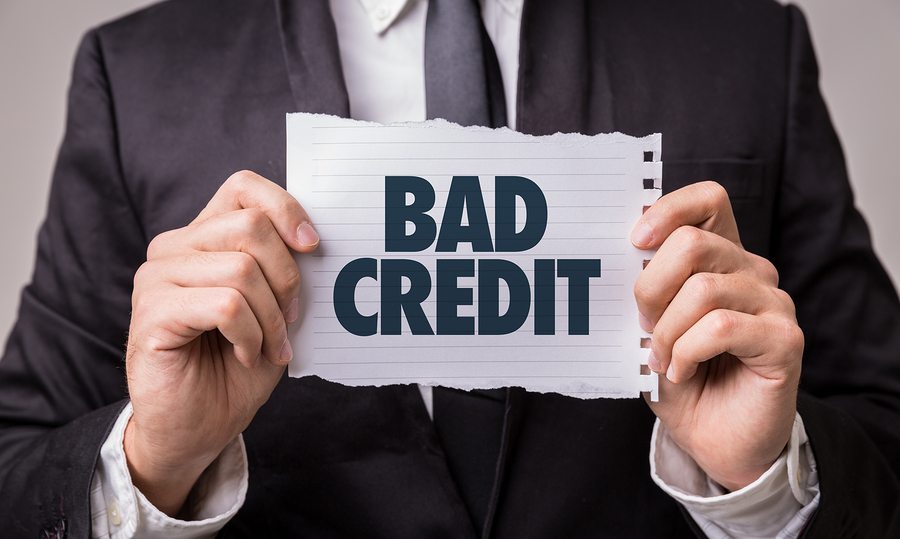
In the financial world, few terms carry as much weight as “bad credit.” It’s a phrase that can have a significant impact on various aspects of your life, from securing a loan to renting an apartment. But what does bad credit really mean, and how does it affect your financial well-being? In this blog post, we’ll delve into the intricacies of bad credit, exploring its definition, causes, consequences, and ways to improve it.
Defining Bad Credit:
Bad credit refers to a low credit score, which is a numerical representation of an individual’s creditworthiness. Credit scores typically range from 300 to 850, with higher scores indicating better creditworthiness. A low credit score, typically below 600, signals to lenders that a person may be a higher risk to lend money to.
Causes of Bad Credit:
- Late Payments and Defaults: One of the most common reasons for bad credit is a history of late payments or defaults on loans and credit cards. Missing payments, even if only a few days late, can negatively impact your credit score.
- High Credit Card Balances: Carrying high balances on credit cards, especially when close to the credit limit, can adversely affect your credit score. It indicates a reliance on credit and may suggest financial instability.
- Bankruptcy: Filing for bankruptcy is a severe financial event that can lead to a significant drop in credit scores. It remains on your credit report for several years, making it challenging to rebuild credit.
- Foreclosure: Having a home foreclosed upon can severely damage your credit. It signifies that you were unable to meet your mortgage obligations, and this information stays on your credit report for an extended period.
Consequences of Bad Credit:
- Higher Interest Rates: Individuals with bad credit are often subjected to higher interest rates on loans, including credit cards, mortgages, and auto loans. This means higher monthly payments and increased overall debt.
- Difficulty Securing Loans: Lenders are more reluctant to extend credit to individuals with bad credit. Getting approved for loans, whether for a car, home, or personal use, becomes a challenging endeavor.
- Limited Housing Options: Landlords and property management companies often check credit scores when considering rental applications. Bad credit can lead to rejection or the requirement of a higher security deposit.
- Impact on Employment Opportunities: Some employers may check credit scores as part of the hiring process, especially for positions involving financial responsibilities. Bad credit could potentially affect job prospects.
Improving Bad Credit:
- Check Your Credit Report: Obtain a copy of your credit report from each of the major credit bureaus—Equifax, Experian, and TransUnion. Review it for errors and discrepancies.
- Pay Bills on Time: Consistently paying bills on time is crucial for rebuilding credit. Set up automatic payments or reminders to ensure timely payments.
- Reduce Credit Card Balances: Work on paying down credit card balances to improve your credit utilization ratio, which is the ratio of your credit card balances to your credit limits.
- Establish a Budget: Create a realistic budget to manage your finances effectively. This can help you avoid late payments and reduce reliance on credit.
Understanding bad credit is the first step towards improving your financial situation. By addressing the root causes, making responsible financial decisions, and taking proactive steps to rebuild credit, individuals can work towards a healthier financial future. Remember, rebuilding credit is a gradual process, but with dedication and discipline, it’s entirely achievable.
